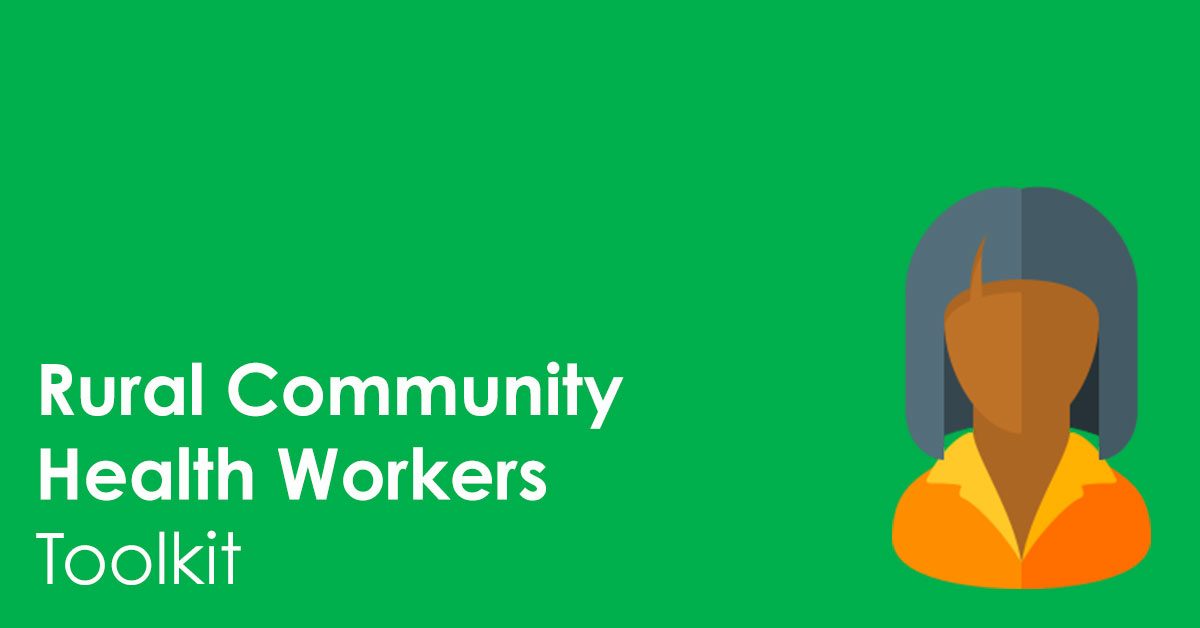Guide For Communities And Community Health Workers
In the United States, community health workers help us meet our national health goals by conducting community-level activities and interventions that promote health and prevent disease and disability. Community health workers (including promotores de salud, community health representatives, community health advisors, patient navigators, and others) are frontline, culturally competent, public health workers who serve as a bridge between underserved communities and healthcare systems. They are from, or have a close understanding of, the community served. The interventions that engage community health workers for the following.
Recommended based on strong evidence of effectiveness in improving blood pressure and cholesterol when community health workers are engaged in a team-based care model. Cost-effective. Recommended based on sufficient evidence of effectiveness in improving blood glucose level control and weight-related outcomes among people at increased risk for type 2 diabetes.


Learn about the many titles community health workers may have and. Promote health within a community by assisting individuals and communities to adopt healthy. Guidance on health behaviors; Advocacy for patient and community health.
Cost-effective. Recommended based on strong evidence of effectiveness in improving blood glucose level and lipid control and reducing health care use among patients who have type 2 diabetes.
Cost-effective. Developed by The Community Guide September 20, 2017 What is the Role of a Community Health Worker? Community health workers may address a broad range of health issues or provide a wide range of services for a specific health issue. Community health workers deliver services through one-one-one interactions or in group sessions that can take place in homes or community settings.
They deliver program content alone or as a part of an intervention team comprised of clinicians, counselors, and other health professionals. Community health workers can be engaged in one or more of the following:. Screening and health education providers. Outreach, enrollment, and information agents. Members of care delivery teams. Patient navigators. Community organizers Community health workers typically do not have a professional title and usually receive on-the-job training.
Guide For Communities And Community Health Workers Certification
They provide culturally appropriate outreach and services and can play an important role in improving health and enhancing health equity in underserved or minority communities. In 2016, the Community Health Worker Core Consensus (C3) Project made recommendations on community health workers roles, skills, and qualities. Page last reviewed: August 17, 2018 Page last updated: August 17, 2018 Content Source: Disclaimer:The findings and conclusions on this page are those of the Community Preventive Services Task Force and do not necessarily represent those of CDC. Task force evidence-based recommendations are not mandates for compliance or spending. Instead, they provide information and options for decision makers and stakeholders to consider when determining which programs, services, and policies best meet the needs, preferences, available resources, and constraints of their constituents. Sample Citation: Guide to Community Preventive Services. Community Health Workers.
Page last updated: August 17, 2018. Page accessed: October 15, 2018.
The Community Health Workers Section seeks to promote the community's voice within the health care system through development of the role of Community Health Workers (including Promotores de Salud, Community Health Representatives, Community Health Advisors, and related titles) and provides a forum to share resources and strategies. The CHW Section has adopted the following definition of a community health worker: A community health worker is a frontline public health worker who is a trusted member of and/or has an unusually close understanding of the community served. This trusting relationship enables the worker to serve as a liaison/link/intermediary between health/social services and the community to facilitate access to services and improve the quality and cultural competence of service delivery. A community health worker also builds individual and community capacity by increasing health knowledge and self-sufficiency through a range of activities such as outreach, community education, informal counseling, social support and advocacy. Please join us on and!